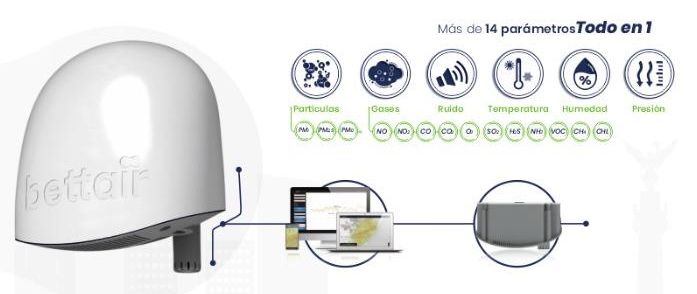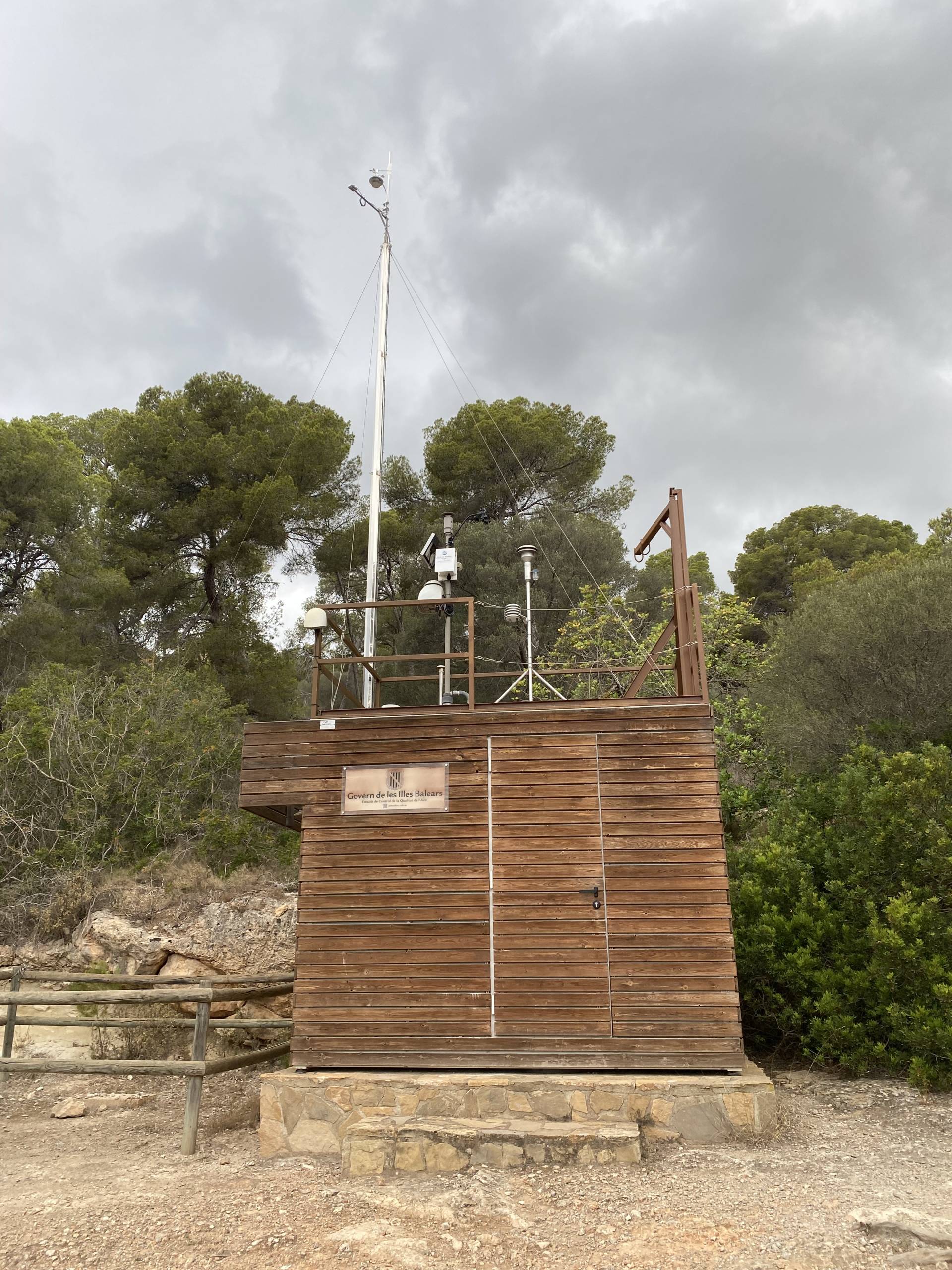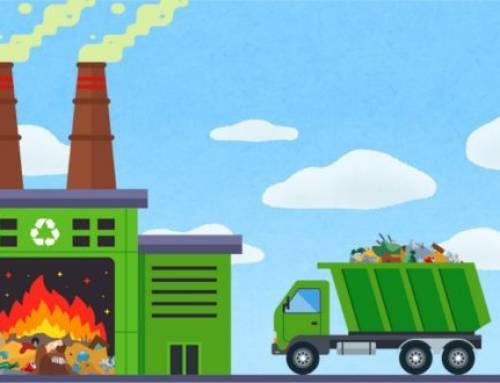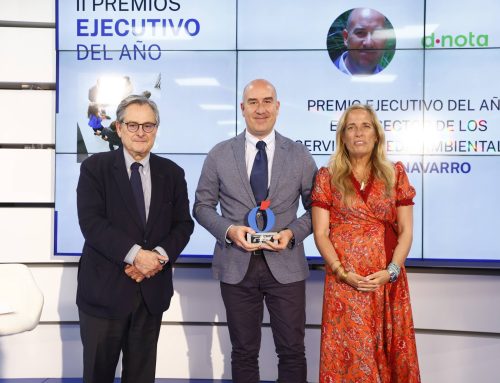The Balearic Government has awarded dnota the contract to maintain its public Air Quality Monitoring network, which will incorporate IoT Bettair sensors to expand coverage across the islands.
The Balearic Islands Government has awarded dnota the official contract for the maintenance and technical operation of its Air Quality Monitoring network and emissions and immissions communications system for the period 2025–2028.
The Balearic Islands are reinforcing their infrastructure in order to anticipate regulatory challenges.
This award therefore ensures the ongoing operation of a vital environmental infrastructure in the archipelago, which in turn enables the continuous assessment of air pollution levels and compliance with Royal Decree 102/2011. Moreover, it anticipates the stricter requirements of the new European Air Quality Directive, currently in its final stages of approval.
🔗 Pioneering hybrid network with Bettair IoT sensors.
As part of the technical improvements, dnota will deploy 15 Bettair Cities IoT sensors across the islands in order to configure a pioneering hybrid network in Spain. This innovative technology, in turn, will complement regulatory monitoring by providing real-time, hyperlocal data, thereby strengthening coverage in urban, industrial, and sensitive environments where no fixed stations are currently available.
By integrating these smart city air quality sensors into the Balearic Government’s air quality monitoring platform, spatial coverage will be significantly improved. As a result, this will enable the early detection of pollution episodes and, in turn, facilitate more effective preventive management.
Public commitment, technological innovation and international projection.
This award cements dnota’s position as a leading technical operator in air quality in Spain and strengthens the Government of the Balearic Islands’ commitment to rigorous, modern environmental monitoring that is adapted to new European regulatory challenges.
The incorporation of 15 Bettair® sensors into this official network establishes the Balearic Islands as one of the first autonomous communities to implement a hybrid air quality network combining reference stations with high-precision IoT sensors. This allows coverage to be reinforced and pollution episodes to be anticipated in real time.
With a presence in more than 70 countries, dnota provides air quality monitoring solutions for smart cities through internationally award-winning technologies such as Bettair®, as well as through its network of distributors and its subsidiary in the US. Its mission is to help administrations and operators to create healthier, more sustainable and more resilient environments with a global vision and a local impact.
Find out more about our projects, consulting services and technologies for smart cities at:
www.dnota.com or www.dnota.us.
Find out more about our solutions.
At dnota, we provide innovative technologies that help to build a cleaner, more sustainable future. Explore our tools and services here:
If you are in the United States, visit our Coral Gables subsidiary at www.dnota.us. We market Bettair technology here, which is recognised as a world leader in air quality monitoring for smart cities and a benchmark in sustainable solutions.
📍 Official network with island-wide coverage.
The network comprises six fixed automatic measuring stations located in:
- Mallorca: Parc de Bellver, Foners, Misericòrdia, and Cases de Menut (Artà)
- Menorca: Ciutadella
- Ibiza: Sant Antoni de Portmany
The network is also completed with a mobile unit, a portable calibration station, a sequential sampler, and a central system for collecting, validating, and exploiting data. In addition, it monitors pollutants such as NO₂, O₃, CO, SO₂, PM10 and PM2.5 particles, BTX, and VOCs, along with supporting meteorological conditions.
⚙️ Technical management aligned with European standards.
dnota will be responsible for the overall technical management of the contract, including maintenance of the equipment, verification and calibration in accordance with current regulations, and exploitation of the collected data. Interoperability with the Govern’s systems will also be guaranteed, as will the generation of periodic reports based on indicators such as AOT40, daily and eight-hour averages, and threshold exceedances.
The aim is to provide reliable, traceable and useful environmental information to help plan more effective public policies on air quality.
About dnota
More information about how you can help dnota can help control the air we breathe on our website www.dnota.com and our social networks, where you can see all our products and services.
We also have our #videocorporate with the vision that note of how to control the air we breathe. dnota LinkedIn Twitter Youtube






